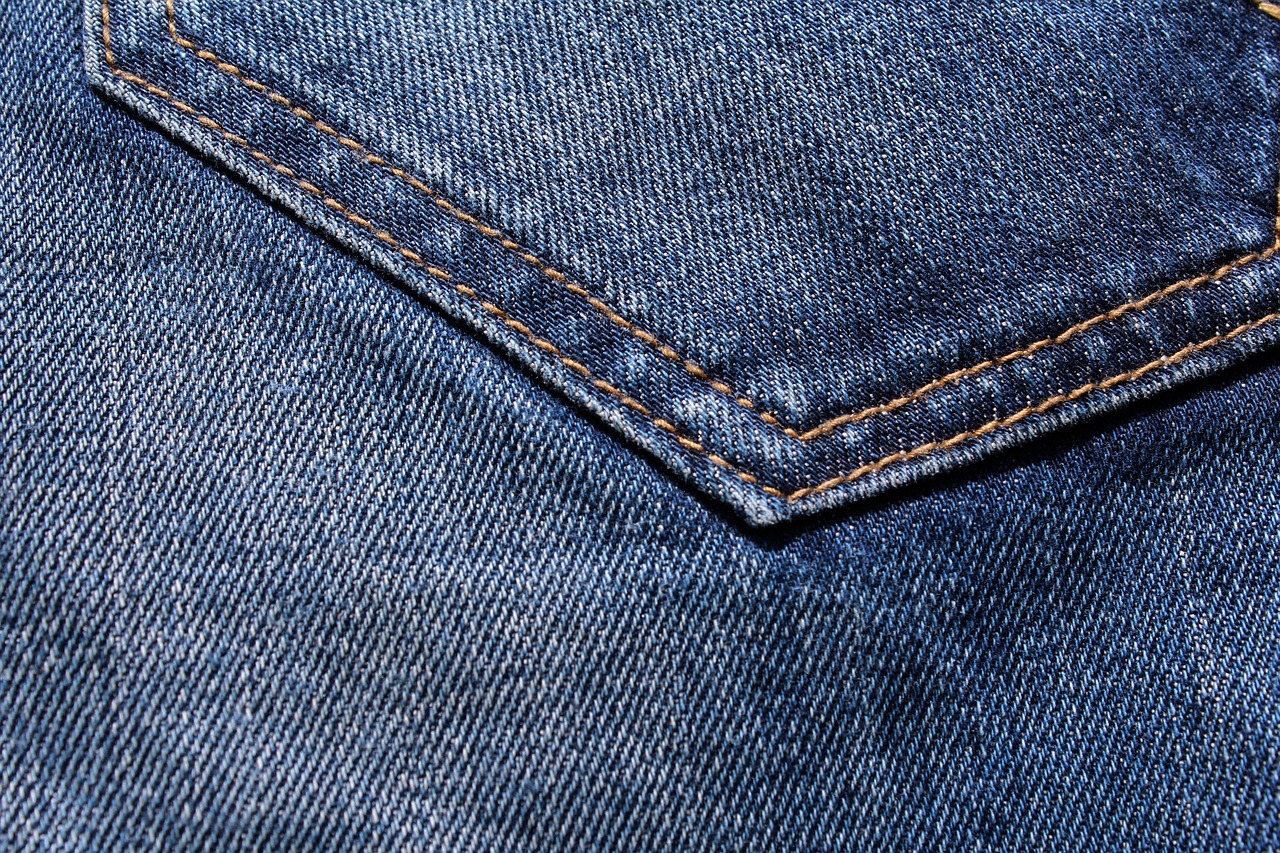Mindful Sustainable Fashion: Building a Capsule Wardrobe for Versatility and Sustainability
Sustainable fashion is gaining momentum as consumers become more aware of the environmental and social impact of the fashion industry. One of the key principles of sustainable fashion is promoting ethical production practices, which prioritize fair wages, safe working conditions, and transparency throughout the supply chain. By supporting brands that value their workers and communities, consumers can contribute to a more sustainable and equitable fashion industry.
Another important principle of sustainable fashion is embracing eco-friendly materials and production processes. This involves reducing the use of synthetic fabrics, chemicals, and water wastage in garment production. By opting for organic cotton, recycled polyester, and other sustainable materials, fashion brands can minimize their environmental footprint and help combat the harmful effects of fast fashion on the planet.
Choosing Timeless and Versatile Pieces
When building a sustainable wardrobe, it is essential to invest in timeless and versatile pieces that can withstand the test of time. Opt for classic silhouettes, neutral colors, and high-quality fabrics that will remain in style season after season. Pieces like a tailored blazer, a white button-down shirt, and a little black dress are timeless essentials that can be easily mixed and matched to create a variety of looks.
When selecting versatile pieces, consider their ability to be styled in various ways for different occasions. Look for items that can be dressed up or down with the addition of different accessories or layers. A versatile piece like a simple black dress can be worn casually with sneakers during the day and dressed up with heels and statement jewelry for an evening event. By choosing pieces that offer versatility in styling, you can maximize your wardrobe and reduce the need for constantly buying new clothing.
Understanding the Impact of Fast Fashion
Fast fashion refers to the quick production and mass consumption of cheap clothing items, driven by rapid changes in trends and styles. This fast-paced industry often results in poor labor conditions, environmental degradation, and an overall increase in clothing waste.
Moreover, the constant demand for new clothing leads to increased energy consumption, water usage, and greenhouse gas emissions during the production process. This unsustainable cycle not only impacts the planet but also contributes to the exploitation of laborers in developing countries, where workers are often paid low wages and work in unsafe conditions to meet the fast fashion demands.





